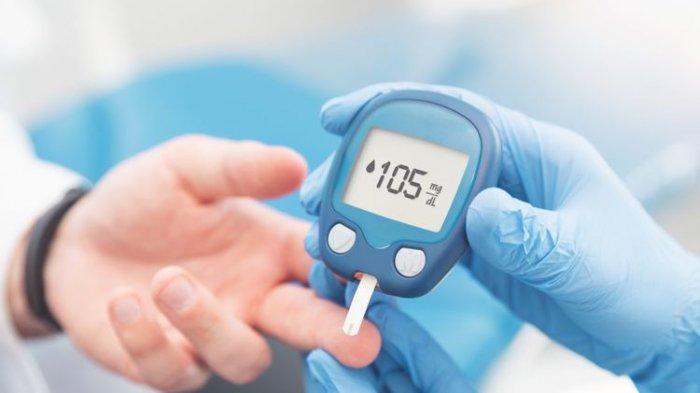Satusuaraexpress.co – The emergence of diabetes is because the body is no longer able to regulate blood sugar levels. When the pancreas stops producing insulin, your cells become resistant to insulin. The hormone insulin is needed to move sugar from the bloodstream into the cells.
Reporting from eatthis.com, the Centers for Disease Control and Prevention categorizes diabetes as a long-lasting health condition that affects how your body converts food into energy. Although there are certain factors that increase the chances of developing diabetes such as genetics and lifestyle.
Nurse at Paloma Health, Julia Walker, explains some of the common habits that increase the risk of diabetes, including:
1. Skipping Breakfast
Quoted from Healthline, people who skip breakfast can cause more insulin resistance. Skipping breakfast in the morning is associated with increased blood sugar after lunch and dinner. This can put undue stress on the body as well as create a high-calorie diet.
Also Read: Benefits of Ozone Therapy in Type 2 Diabetes Erectile Dysfunction Patients
2. Rarely Active Activities
Lifestyle not only increases the risk of weight gain, but decreases insulin sensitivity. So, cells take up glucose and blood sugar circulating in the bloodstream and damage blood vessels then organs. People who are at risk of developing diabetes because of their age, weight, or prediabetes may be at higher risk when they are inactive.
3. Eat Processed Food
Most processed foods are high in refined sugar and unhealthy fats, in an attempt to feel full, resulting in exceeding enough sugar levels. Eating large amounts of sugar indirectly increases the risk of diabetes by adding weight and body fat. In fact, drinking one sugary drink per day increased the risk of diabetes by 13 percent.
Also Read: Tips for Fasting Ramadan, Diabetics Must Read This
4. Not Getting Enough Sleep
While resting, our bodies are busy repairing damaged tissues, forming memories, and performing metabolic functions. However, when sleep is reduced, the body directly processes glucose, and insulin sensitivity decreases. The consequences of too little sleep are having more time awake to eat and not thinking about food choices and the right time.
5. Stress
The stress hormone, also known as cortisol, made from the adrenal glands can interfere with the insulin-producing cells in the pancreas, causing them to produce less insulin. Less insulin the body cannot process glucose. When people are stressed, they develop unhealthy habits, including overeating and eating high-calorie processed foods.
Be read
36
–


